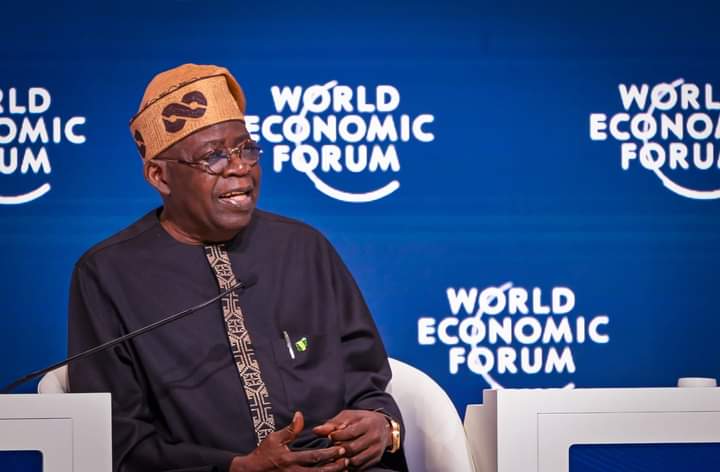NEWS
Why FG seeks $500m world bank loan

The Federal Government has requested a $500 million loan from the World Bank to enhance rural road infrastructure and agricultural marketing across Nigeria.
This world bank loan aims to address the urgent need for better connectivity in rural areas, where 92 million people currently lack access to good roads.
The loan request is detailed in the final draft of the Resettlement Policy Framework for the Nigeria Rural Access and Agricultural Marketing Project Scale-UP (RAAMP-SU), implemented by the Federal Ministry of Agriculture and Rural Development. The RAAMP-SU project seeks to improve rural access and climate resilience, boosting agricultural potential and marketing prospects for agrarian communities, ultimately enhancing livelihoods for the rural populace.
Project Objectives and Scope
The RAAMP-SU project has several key objectives:
1. Improving rural access and climate resilience for communities in rural areas.
2. Strengthening institutional capacity for rural road network management.
3. Fortifying the financial and institutional foundations for the sustainable management of both rural and state road networks.
This initiative extends the earlier Rural Access and Agricultural Marketing Project, supported by the World Bank and the French Development Agency. The project is led by the Federal Department of Rural Development within the Federal Ministry of Agriculture and Rural Development, with oversight by the Federal Project Management Unit.
Nigeria’s Road Network
The policy document notes that Nigeria has an extensive road network of approximately 194,000 kilometers, including:
– 34,000 kilometers of federal roads
– 30,000 kilometers of state roads
– 130,000 kilometers of registered rural roads
Despite this, only 25.5 percent of the rural population lives within two kilometers of an all-weather road, leaving about 92 million rural inhabitants disconnected.
Funding and Project Components
The RAAMP-SU project is estimated to cost $600 million, with the World Bank expected to provide 83.33 percent of the funding. This commitment is 79 percent higher than the initial $280 million World Bank commitment for the parent project. The project will finance three main components:
1. Improvement of Resilient Rural Access ($387 million)
2. Climate Resilient Asset Management ($158 million)
3. Institutional Strengthening and Project Management ($55 million)
State Participation Requirements
States wishing to participate in the project must have:
– A fully functional Roads Fund and Roads Agency with appointed boards and staff.
– Provisions for administrative costs in the state budget.
The policy document also emphasizes fostering women’s representation in the transport sector through the Rural Access and Agricultural Marketing Project.
Implementation and Resettlement
The policy framework stipulates that resettlement and compensation plans must be implemented before any project activities causing displacement. Compensation and other assistance are to be provided before displacement to ensure necessary measures are in place before any land acquisition or access restriction.
The RAAMP-SU initiative aims to significantly improve rural infrastructure, enhancing access to basic services and promoting food security, while fostering socioeconomic development across Nigeria.